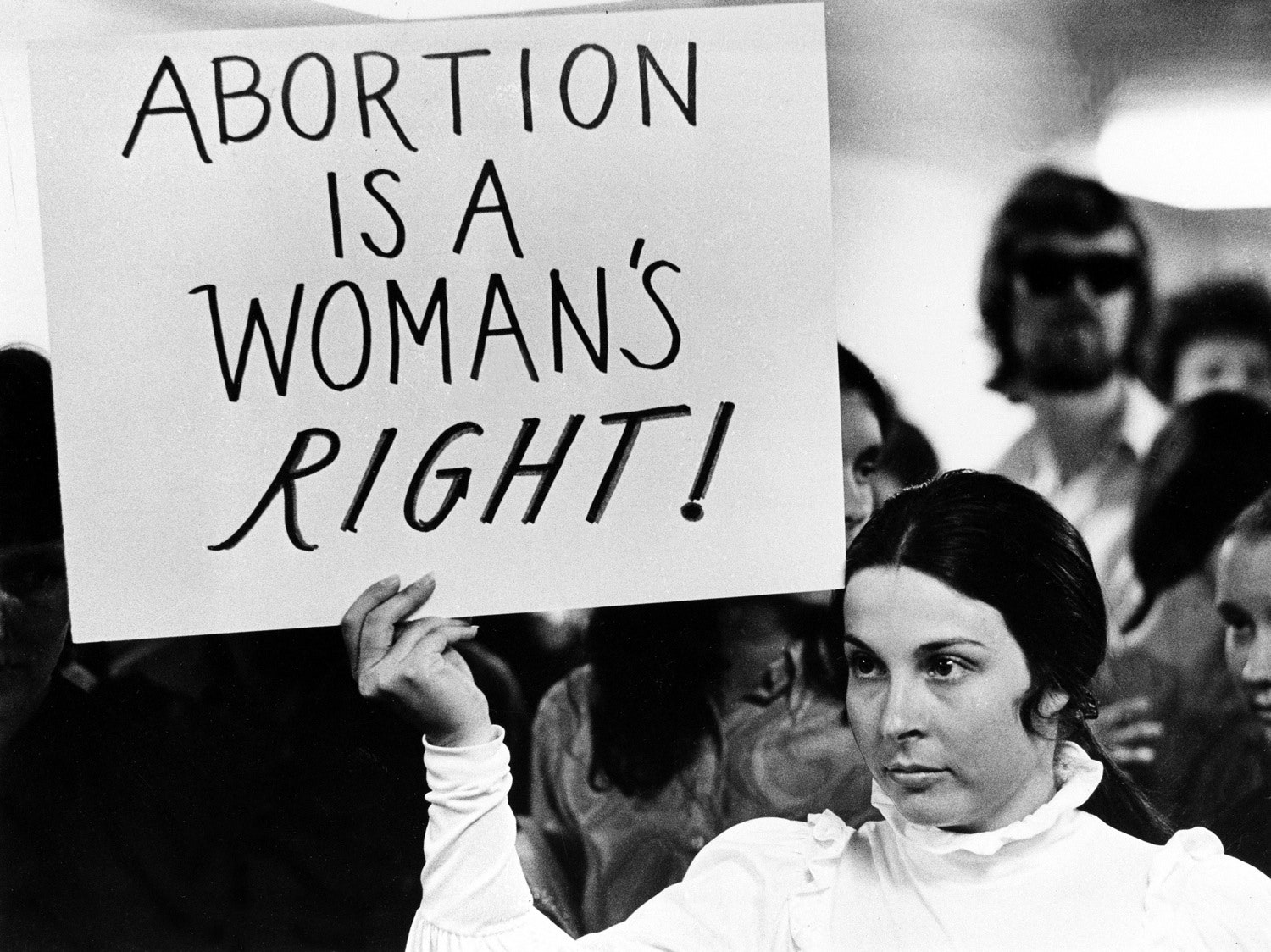Access To Birth Control: The OTC Revolution After Roe V. Wade

Table of Contents
The Impact of Roe v. Wade on Contraceptive Access
The overturning of Roe v. Wade has had a far-reaching impact, extending beyond abortion access to affect the broader landscape of reproductive healthcare. Many states have enacted or are considering legislation that restricts or limits access to various reproductive healthcare services, including birth control. This has created significant barriers to care for many people.
Increased Barriers to Care
The post-Roe v. Wade landscape has presented numerous challenges to accessing reproductive healthcare, directly impacting contraceptive access:
- Increased travel distances for appointments: Individuals, particularly those in rural areas or underserved communities, now face longer journeys to reach healthcare providers offering contraceptive services. This makes regular check-ups and prescription refills significantly more difficult and expensive.
- Higher costs due to insurance limitations or lack of coverage: The cost of birth control, even with insurance, can be prohibitive for many. The limitations placed on reproductive healthcare services by some states have further exacerbated this problem, leading to increased out-of-pocket expenses. Limited access to birth control disproportionately impacts low-income individuals and families.
- Reduced availability of providers due to legal challenges and self-censorship: Healthcare providers, fearing legal repercussions or facing increased scrutiny, may limit the range of reproductive healthcare services they offer, including certain types of contraception. This self-censorship further restricts access.
- Increased wait times for appointments: Existing demand coupled with reduced provider availability has resulted in longer waiting times for appointments, delaying necessary contraceptive care.
The Case for Over-the-Counter Birth Control
The movement to make birth control available over-the-counter (OTC) offers a significant solution to many of the access issues created by the aftermath of Roe v. Wade. OTC contraception could significantly improve accessibility and convenience.
Increased Convenience and Accessibility
Over-the-counter birth control offers a compelling solution to the accessibility challenges faced by many:
- Eliminates the need for doctor's appointments: This is particularly beneficial for individuals facing geographic barriers, those with busy schedules, or those who feel uncomfortable discussing contraception with healthcare providers.
- Reduces cost and insurance complexities: OTC birth control removes the cost associated with doctor visits and insurance co-pays, making it more affordable and accessible, especially for low-income individuals. Affordable birth control is essential for family planning.
- Increases privacy and autonomy for individuals seeking contraception: Buying birth control OTC allows individuals to manage their reproductive health discreetly and independently.
- Improved convenience and ease of access, especially for marginalized populations: This increased accessibility could disproportionately benefit marginalized groups who already face significant barriers to healthcare, improving their reproductive health outcomes.
Potential Challenges and Concerns Regarding OTC Birth Control
While the benefits of over-the-counter birth control are numerous, it's crucial to acknowledge potential challenges:
Misinformation and Self-Medication
The shift to OTC birth control necessitates careful consideration of potential risks:
- The risk of improper use leading to reduced effectiveness or health complications: Comprehensive education and clear instructions are crucial to ensure safe and effective use.
- The importance of comprehensive education and readily available information on different birth control options: Public health campaigns and readily accessible resources are vital for promoting informed decision-making.
- Addressing misinformation about birth control through reliable public health campaigns: Combating misinformation and promoting accurate information about different contraceptive methods is critical for safe and effective use.
- The role of pharmacists in providing guidance and answering questions: Pharmacists can play a significant role in educating consumers and providing basic guidance on choosing and using OTC birth control.
The Future of Birth Control Access in a Post-Roe World
The future of birth control access hinges on the actions of policymakers, healthcare providers, and advocacy groups.
Policy Implications and Advocacy
Addressing the complexities of access to birth control requires a multifaceted approach:
- The ongoing fight for legislation supporting OTC birth control: Advocacy groups are actively pushing for policies that allow for the sale of certain types of birth control over the counter.
- The involvement of reproductive rights organizations in advocating for change: These organizations play a vital role in raising awareness, lobbying for legislation, and providing education.
- The need for increased funding for public health initiatives focused on sexual and reproductive health: Adequate funding is essential for public health campaigns, educational resources, and supporting community-based programs.
- The potential impact of OTC birth control on unintended pregnancies and maternal health outcomes: Increased access to birth control can significantly reduce unintended pregnancies and improve overall maternal health outcomes.
Conclusion
The overturning of Roe v. Wade has undeniably impacted access to reproductive healthcare, including birth control. The potential for over-the-counter birth control offers a significant opportunity to improve access, particularly for those facing financial, geographical, or systemic barriers. While concerns about misinformation and responsible use must be addressed, the benefits of increased convenience, affordability, and privacy are substantial. We must advocate for policies that support broader access to birth control and work towards a future where everyone has the right to make informed decisions about their reproductive health. Demand increased access to over-the-counter birth control and support policies that promote accessible and affordable contraception. Learn more about the fight for reproductive freedom and the OTC contraception revolution.

Featured Posts
-
 Death Of Pope Francis The End Of An Era
Apr 22, 2025
Death Of Pope Francis The End Of An Era
Apr 22, 2025 -
 Is The Stock Market Rally A Trap Investors Face Uncertain Future
Apr 22, 2025
Is The Stock Market Rally A Trap Investors Face Uncertain Future
Apr 22, 2025 -
 After Easter Truce Russias Renewed Assault On Ukraine
Apr 22, 2025
After Easter Truce Russias Renewed Assault On Ukraine
Apr 22, 2025 -
 Boosting Security Cooperation China Indonesia Partnership
Apr 22, 2025
Boosting Security Cooperation China Indonesia Partnership
Apr 22, 2025 -
 Chainalysis Acquires Alterya Blockchain Meets Ai
Apr 22, 2025
Chainalysis Acquires Alterya Blockchain Meets Ai
Apr 22, 2025
